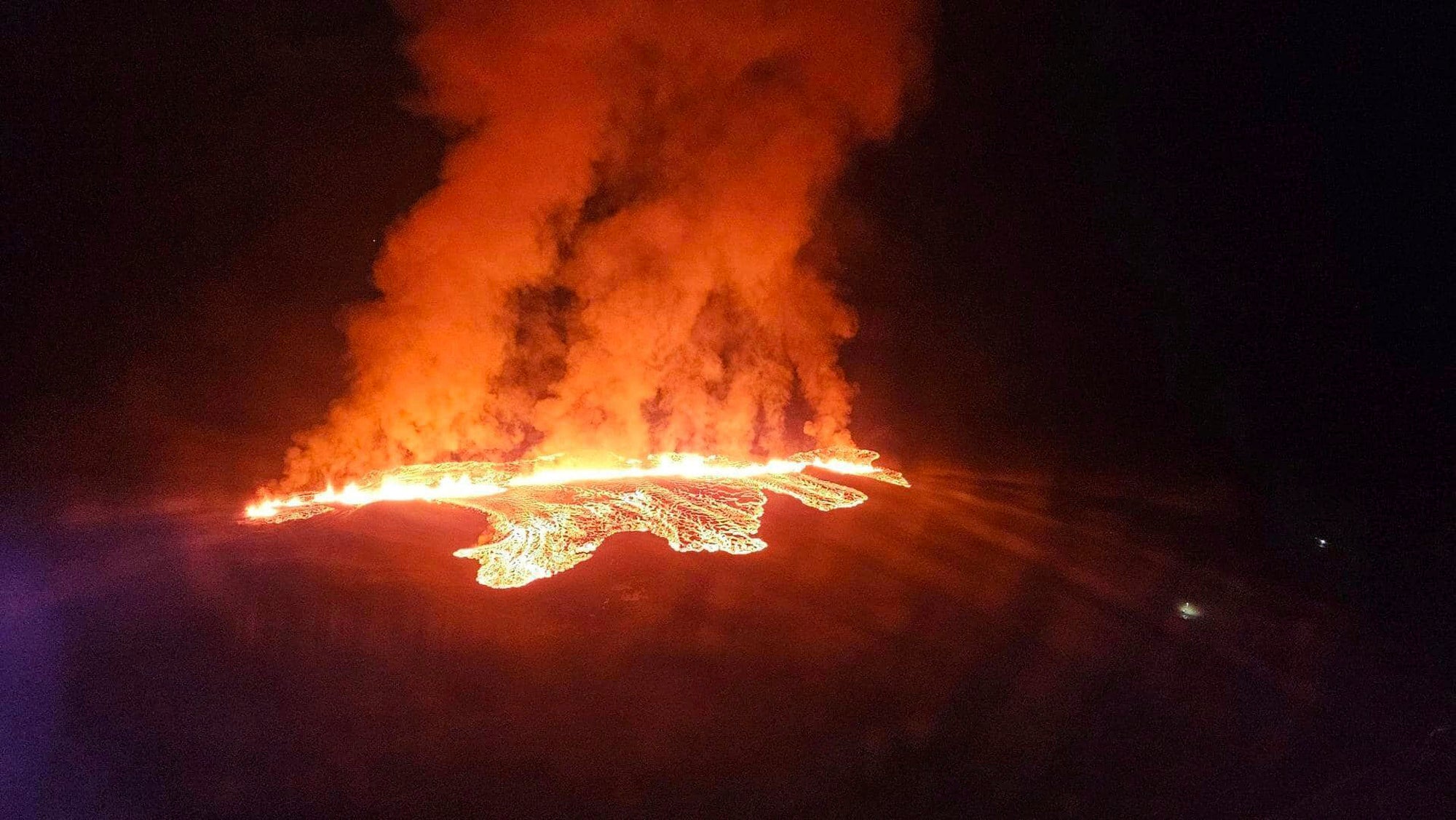Warning Iceland volcano eruption is ‘imminent’ as tourist attraction evacuated
The spa has faced a series of closures over recent months as a wave of seismic activity continues to affect the country
Your support helps us to tell the story
From reproductive rights to climate change to Big Tech, The Independent is on the ground when the story is developing. Whether it's investigating the financials of Elon Musk's pro-Trump PAC or producing our latest documentary, 'The A Word', which shines a light on the American women fighting for reproductive rights, we know how important it is to parse out the facts from the messaging.
At such a critical moment in US history, we need reporters on the ground. Your donation allows us to keep sending journalists to speak to both sides of the story.
The Independent is trusted by Americans across the entire political spectrum. And unlike many other quality news outlets, we choose not to lock Americans out of our reporting and analysis with paywalls. We believe quality journalism should be available to everyone, paid for by those who can afford it.
Your support makes all the difference.Iceland’s iconic Blue Lagoon spa was forced to evacuate on Saturday as meteorologists warned of an “imminent” volcanic eruption nearby.
The spa has faced a series of closures over recent months as a wave of seismic activity continues to affect the country.
According to Iceland’s national broadcaster, lava has begun flowing after “intense seismic activity” in the area around the lagoon.
In a statement on its website, the spa said: “Due to increased seismic activity in a known area, a few kilometers away from Blue Lagoon, and our unwavering commitment to the safety and wellbeing of our valued guests and staff, we initiated an evacuation of our premises today.
“As a result all our operations will remain closed for the remaining of today, Saturday, March 2, and tomorrow, Sunday, March 3, at which time the situation will be reassessed.”

Iceland’s meteorological office said in their latest update that the magma intrusion appears to have stopped, after a fissure of around four kilometers opened on the Reykjanes Peninsula.
The seismicity began at the southern end of the fissure that formed on 18 December 2023. There have been ongoing disruptions in the area for months due to volcanic activity with residents of nearby town Grindavik having been evacuated.
On Thursday, the Icelandic meteorological office warned an eruption could start with very little warning time, even less than 30 minutes.
Then on Saturday, the forecasters confirmed that magma movements had begun, and that a fissure eruption was likely.
While indications show the magma activity has ceased the office said it is too early to tell if that the magma intrusion has ended, and that there will not be an eruption.
Iceland, which sits above a volcanic hot spot in the North Atlantic, averages an eruption every four to five years.

Iceland, which is roughly the size of the US state of Kentucky, boasts more than 30 active volcanoes, making the north European island a prime destination for volcano tourism – a niche segment that attracts thousands of thrill seekers.
The most disruptive in recent times was the 2010 eruption of the Eyjafjallajokull volcano, which spewed huge clouds of ash into the atmosphere and led to widespread airspace closures over Europe.
Grindavik, a town of 3,800 people about 50km south-west of Iceland‘s capital Reykjavik, was evacuated in November when the Svartsengi volcanic system awakened after almost 800 years with a series of earthquakes that opened large cracks in the earth between the town and Sylingarfell, a small mountain to the north.
The volcano eventually erupted on 18 December, sending lava flowing away from Grindavik.
A second eruption that began on 14 January sent lava towards the town.
Join our commenting forum
Join thought-provoking conversations, follow other Independent readers and see their replies
0Comments